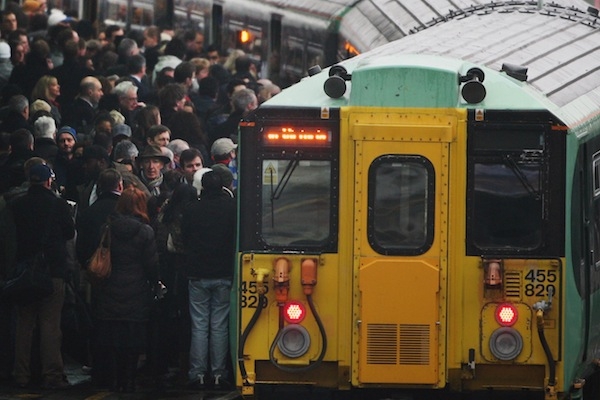As the political argument over the East Coast railway franchise continues, it’s easy to lose sight of the passenger interest. Last year, the Campaign for Better Transport found that nationally over 50 per cent of trains were late or cancelled. This is despite fares and costs that have risen sharply for the last 14 years.
Chris Grayling, confirmed last week as the Secretary of State for Transport, is right to be reforming the franchises, such as re-integrating track and train, to address the confused responsibility for poor service that characterises the current system. But tweaks to the status quo will only get us so far. Also heralded in the government’s vision for rail, published at the end of last year, is a move towards market-led proposals, away from the current model of predict-and-provide and perhaps more like that practised in Australia or the US.
Predict-and-provide has been root of the problem with the railways since they were brought under state control for the First World War.

Get Britain's best politics newsletters
Register to get The Spectator's insight and opinion straight to your inbox. You can then read two free articles each week.
Already a subscriber? Log in






Comments
Join the debate for just £1 a month
Be part of the conversation with other Spectator readers by getting your first three months for £3.
UNLOCK ACCESS Just £1 a monthAlready a subscriber? Log in